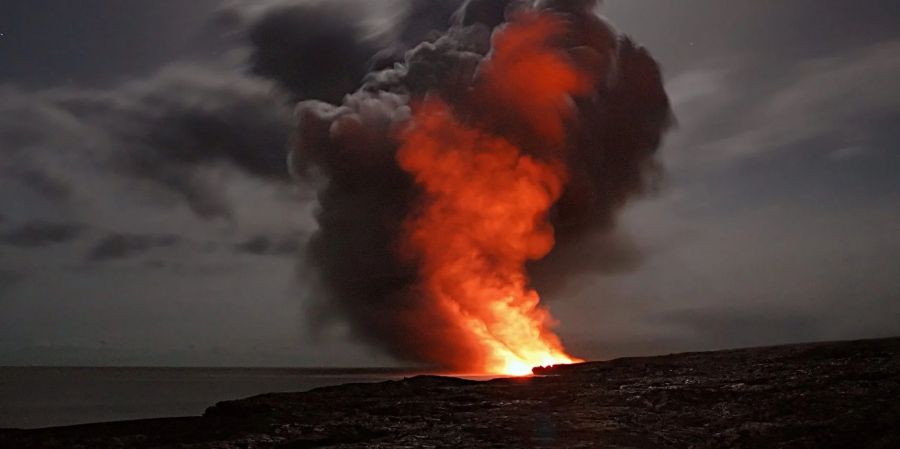

INTRODUCTION The War of the Worlds by Herbert George (H.G.) Wells. (1866-1946) is a literary masterpiece that has captivated the imagination of children and adults alike since it first appeared on bookshelves in 1898. It is considered by many to be the first work of modern science fiction, and Wells the father of the genre. . Set in Woking, England, near the turn of the nineteenth century, the novel has probably been adapted for more radio dramas than any other piece of literature. This timeless classic can be interpreted on many levels. Wells, a socialist, was taking a swipe at colonialism, the hideous, destructive Martians being the British Empire, which had a long history of invading or dominating native cultures around the world; The book was written at a time of growing European concern over the ethics of imperialism. It is also a cautionary tale about Western compla cency and the misguided assumption that superior technology equates to moral superiority. War The storyline of The War of the Worlds is not only compelling but plausible. Throughout history the human imagination has endured many a restless night fearing foreign invasions and attacks. The story is still relevant today. When two major films adapted from Wells and n modern-day America were in preproduction during September 2001, work was halted and the scripts rewritten to reflect the original 1898 plot. The parallels were too powerful for today's audiences, too reminiscent of the September 11th terror attacks. We live in an age that has witnessed a renewed interest in Mars and the possibility of it harboring life, even if of the non intelligent variety; The recent Mars rover missions received millions of Internet hits from around the world. In an age of space exploration and widespread interest in UFOs, opinion polls continue to show that many people believe in the existence of aliens.THE WAR OF THE WORLDS life. The more we learn about the universe and its millions of galaxies, each likely harboring millions of solar systems, the more likely the reality of extraterrestrial life seems. In the wake of this new knowledge, the Wells novel continues to grow in stature: e and take on new dimensions, for it stands to reason that me there may be unfriendly civilizations that may view earthlings as we might cockroaches and attempt to exterminate us. How would earthlings react if aliens did attack? In short, what would happen if the Wells novel came true? We need not speculate; we already know. On no less than seven occasions. Realistic radio dramas based on the original Wells novel have caused varying degrees of fright around the world, ranging from mild anxiety to stark terror and panic. These broadcasts amount to massive experiments on the human psyche. Best known are the reports of fright and panic across the United States in response to the Halloween Eve, 1938, radio drama produced by actor Orson Welles and heard on 151 affiliate stations across the country. On one New Jersey block, more than twenty families fled their homes, covering their faces with wet handkerchiefs to protect themselves from the "poison gas." $. "Phone lines were jammed as police were swamped by calls from frantic residents desperate for information on the "gas raids from Mars. "A Pittsburgh returned home to find his distraught wife holding a bottle of poison, saying: "I'd rather die this way than like that" In Indiana, a woman interrupted a church service, shouting: "New York destroyed; it's the end of the world. You might as well go home and die. I just heard it on the radio. People's minds played tricks on them. Some were convinced that they could smell the poison gas and feel the heat. rays as described on the radio. One man even climbed atop a Manhattan building with binoculars and described seeing "the flames of battle"; others told of hearing machine - gun fire THE WAR OF THE WORLDS "swish" sound of the Martians. Near Grovers Mill, New Jersey. the center of the "invasion," several brave citizens opened fire on the outline of a towering Martian machine barely visible in the fog. The next morning the local water tower was riddled with holes. In Trenton, New Jersey, the city manager told the Federal Communications Commission (FCC) that its residents were placed in the way of undue harm as emergency communications were "completely crippled." Panic erupted in Chile on November 12, 1944, after the broadcast of a radio drama loosely based on the Wells novel. The play originated in Santiago and was broadcast throughout the country, causing thousands of terrified citizens to flee into the streets or barricade themselves in their homes. The show was blamed for at least one heart attack. In one province artillery. units were put on alert in preparation to repel the invading Martians. The broadcast appeared as a series of "news flashes." References were made to real organizations such as the Red Cross, and an actor was used to impersonate the interior minister. On the night of February 12, 1949, another radio play based on The War of the Worlds sparked rioting in Ecuador. A reporter on the scene said the broadcast "drove most of the population of Quito into the streets" as terror-stricken residents sought to escape Martian "gas raids." The announcer said that alien creatures were heading towards Quito after landing and destroying the nearby city of Latacunga. Broadcast in Spanish on Radio Quito, the program included impersonations of local politicians and journalists as well as eyewitness descriptions. In Quito, rioting broke out, and a mob marched on the building housing the radio station, blocked the exits, and set it ablaze. Tanks rolled through the streets as soldiers fired tear gas in a desperate bid to 6
